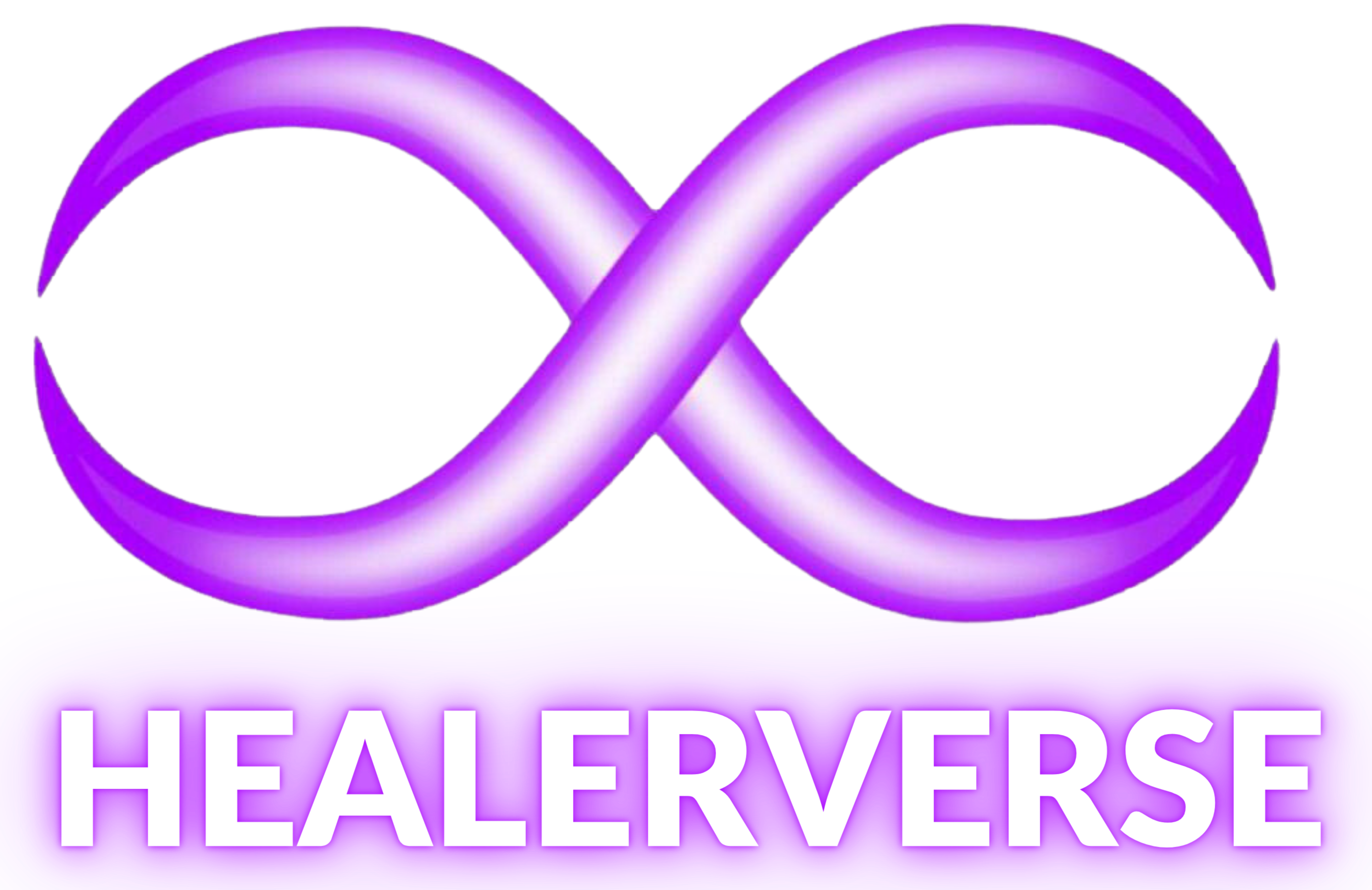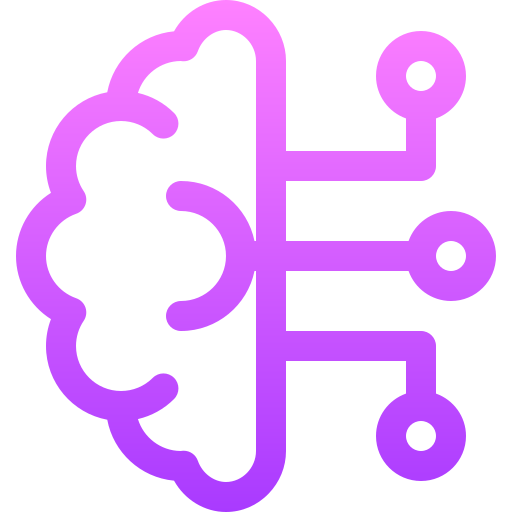Healerverse:
Your trusted AI-powered platform for growth and automation.
Built for healers, coaches and wellness brands,
Healerverse combines smart funnels, automation,
and Ai tools to help you grow with ease.
READY TO GIVE US A TRY?
Get Started Today!
Simplify and grow your business with award-winning AI and automation—saving time and focusing on what matters most: transforming lives.
We make it simple:
Step 1: Choose your subscription.
Step 2: We deliver the tech immediately.
Step 3: Schedule a call with our onboarding team.
Step 4: Our team onboards you into Healerverse iO
HEALERVERSE

Solve all of your digital problems in with our award-winning Ai-Automated SaaS solution.
Without the need of expensive monthly retainers or hiring a team to gain results. Team Healerverse and our systems provide the most valuable and the most important growth systems to help you grow and scale.
At Healerverse, you own your content—always. We champion decentralization and empower you with full control.
We’re here to support you with cutting-edge technology, a thriving marketplace, and a heart-centered community. Plus, we love to spotlight your work so you can shine, grow, and receive the support you truly deserve.
Our Team Has Been Collaboratively Refining Our Systems 100 Years.
Is your tech automated, or all over the place and a mess? Taking too much time and too many apps? We know... We'll consolidate it into Healerverse.

DONE-FOR-YOU FUNNELS

LEAD NURTURING WORKFLOWS

SALES SYSTEM TO CONVERT

AI DRIVEN
TECH
Choose Your Plan
5d
$44 monthly
$444 annually
SaaS + Community
Listed on Healerverse Practitioners Page (5dhealerverse.com)
Sell Unlimited Courses on Healerverse
A Personalized Profile To Showcase Your Practice + Credibility Boost + Global Recognition
Event Ticketing
Seamless Payment integration Domestic & Cross-Border Payments - Enjoy effortless Payments Directly Deposited into Your Account
Access to a Supportive Practitioner Community
Virtual Support & Events
Healerverse Affiliate Program
Round Table and Speaking Invitations
& More

No contracts - cancel anytime
7D
$400 monthly
$3500 annually
Everything in 5D + Ai, Built-In Funnels
Ai Automations: Calendar Bookings, Funnels, Websites, Reviews, Voice, Workflow, Content, Automated DM, Conversational, Text/SMS/WhatsApp, Missed Call Back
Website Templates
Blog That Sends Ai Automated Newsletters
Unlimited Webinar
Automated messaging campaigns and follow-up sequences to send to your client's lead
Proposals, Estimates and Invoices
Online Products Shop
Real Time Surveys, Quizzes, Custom QR codes
Funnels & Landing Pages
24/7 support with Real Humans & Video
Unlimited Blogs & Websites
CRM Automation- Unlimited Contacts
Social Media Scheduling
Community Memberships
Google Review Automation & Management
Lead Management/Lead nurturing; Turn existing customers into repeat customers by making it easy for them to work and shop with you again and again
Email Marketing
Appointment & Calendar Automation (Client Sessions, Events)
E-signature Document Signing- (Replaces DocuSign)
Course Management
& MORE

No contracts - cancel anytime
Choose Your Plan
5d
$44/m
$444/y
SaaS + Community
Listed on Healerverse Practitioners Page (5dhealerverse.com)
Sell Unlimited Courses on Healerverse
A Personalized Profile To Showcase Your Practice + Credibility Boost + Global Recognition
Event Ticketing
Seamless Payment integration Domestic & Cross-Border Payments - Enjoy effortless Payments Directly Deposited into Your Account
Access to a Supportive Practitioner Community
Virtual Support & Events
Healerverse Affiliate Program
Round Table and Speaking Invitations
& More

No contracts - cancel anytime
7D
$400/m
$3500/y
Everything in 5D + Ai, Built-In Funnels
Ai Automations: Calendar Bookings, Funnels, Websites, Reviews, Voice, Workflow, Content, Automated DM, Conversational, Text/SMS/WhatsApp, Missed Call Back
Website Templates
Blog That Sends Ai Automated Newsletters
Unlimited Webinar
Automated messaging campaigns and follow-up sequences to send to your client's lead
Proposals, Estimates and Invoices
Online Products Shop
Real Time Surveys, Quizzes, Custom QR codes
Funnels & Landing Pages
24/7 support with Real Humans & Video
Unlimited Blogs & Websites
CRM Automation- Unlimited Contacts
Social Media Scheduling
Community Memberships
Google Review Automation & Management
Lead Management/Lead nurturing; Turn existing customers into repeat customers by making it easy for them to work and shop with you again and again
Email Marketing
Appointment & Calendar Automation (Client Sessions, Events)
E-signature Document Signing- (Replaces DocuSign)
Course Management
& MORE

No contracts - cancel anytime
Easily Integrated With Your General Apps!





About Our Founder & CEO

Trish Kane, MBA, Practitioner:
In 2014, my life changed forever.
I was found unresponsive after my mother, following a deep intuitive nudge, requested a wellness check. Paramedics discovered me with a body temperature of just 86°F (30°C), on the brink of death. I had to be resuscitated twice. During those moments between life and death, I crossed over to what many call “the other side.” I left my body, encountered angels, and felt a peace and clarity that is hard to put into words. It was the most profound and transformative experience of my life.
What followed was a nine-day coma. Doctors gave my family no hope—I was declared brain dead, my organs had shut down, and machines were keeping me alive. But against all odds, 9 days later- I woke up.
The doctor present said, "Do you know where you are?" and I responded with the answer of hospital... this was followed up by many questions and "I have no idea how you are here right now, let alone speaking to me... You have angels." The MRI revealed that I suffered two strokes due to oxygen deprivation.
That was just the beginning of my healing journey. I had to relearn everything—from walking and talking to feeding myself. My left eye didn’t move, and half of my face and body was especially paralyzed.
People often ask how long it took to recover… The truth is, some things took days, others took years. But I did recover.
In fact, I became stronger, wiser, and more connected to my purpose than ever before.
It was the wellbeing community that brought me back—not just physically, but spiritually and emotionally. These gifted souls guided me from surviving to thriving. Thank you! I love you!
In 2020, I received a clear calling to create Healerverse. My healer friends and I were struggling to find a space that truly honored our work. You know what happened in 2020 and still today. We couldn't post what we wanted to and still can't everywhere. We need our own platform!! The mainstream platforms weren’t built for us. They censored content, lacked community, and made it hard to find like-minded souls—especially locally. Google wasn’t helping either when it came to discovering practitioners nearby and we use too many platforms to support our entire mission!!!
Thrilled to support technology and the things most facilitators don't want to deal with.
I love technology and thrilled to support yours!
Love & Abundance,
Trish Kane
CEO & Founder,
Healerverse

© 2026 HEALERVERSE INC | All Rights Reserved
At Healerverse, you own your content—always. We champion decentralization and empower you with full control.
We’re here to support you with cutting-edge technology, a thriving marketplace, and a heart-centered community. Plus, we love to spotlight your work so you can shine, grow, and receive the support you truly deserve.
